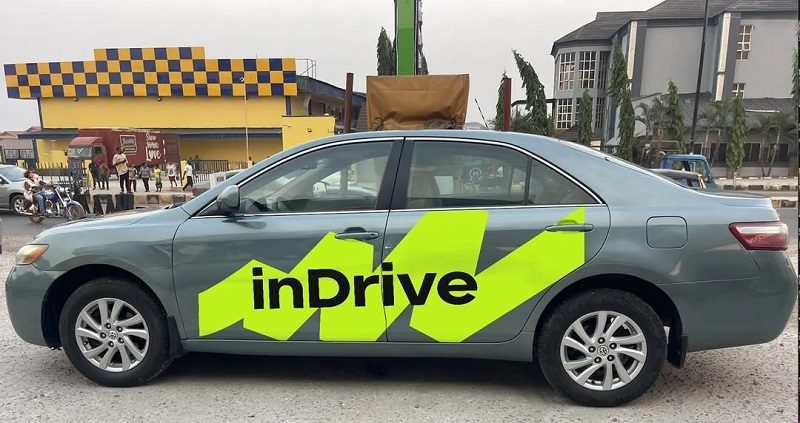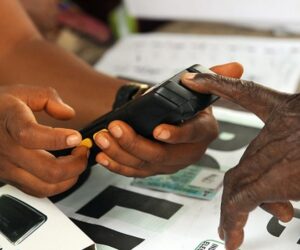Ride-hailing unicorn inDrive is making its boldest move yet. The company is rolling out a super-app strategy focused on frontier markets. It’s starting with grocery deliveries in Kazakhstan and plans to expand into multiple everyday services over the next 12 months across its top markets, including Egypt, Brazil, Colombia, Pakistan, Peru, and Mexico, as first reported by TechCrunch.
InDrive is foraying into delivery because it is already one of its fastest-growing lines. The company completed over 41 million delivery orders in 2024 and 14 million in Q2 2025 alone. That momentum convinced executives to make groceries the first new pillar in the super-app.
The rollout in Kazakhstan promises 15-minute delivery and access to 5,000+ items via a dark-store model.
Early pilots posted an NPS of 83 and an average of five orders per user per month, according to the company. inDrive has already increased its dark-store count by 30% since August as it scales coverage.

Local partnerships are part of the playbook. In Kazakhstan, the grocery launch taps Nearby/Ryadom, a domestic dark-store operator, integrated directly into the inDrive app. That tie-up is designed to keep prices low and selection broad and to fit the brand’s “fair pricing” ethos.
“If customers use you more frequently, then, of course, they stay longer, they’re more valuable in the ecosystem, and they’re just more loyal overall,” said Andries Smit, chief growth business officer at InDrive, outlining why daily essentials are central to the strategy.
Egypt is in the next wave
Egypt sits in the next-12-months expansion slate for the super-app. The company already operates ride-hailing and courier services in North Africa and sees frontier markets as the sweet spot for bundled, cost-conscious services. Expect inDrive to localise the model for Egypt’s retail sector, with a mix of dark stores and partnerships with small grocers where density and familiarity matter.
The timing aligns with inDrive’s wider footprint. With more than 360 million app downloads and 6.5 billion transactions globally, the company operates in 982 cities across 48 countries and leads in several of them, a base it can cross-sell into as it layers on new categories.
Inside the super-app, groceries are the lead-in, but the super-app will not stop there. inDrive is prioritising city-specific bundles driven by local needs. That includes financial services already live for drivers in parts of Latin America and potentially opening up to passengers and small businesses next.


The company has been piloting small cash-advance loans and income-based financing through inDrive. Money with partners, a sign that embedded finance could be a core retention lever.
There’s also a roadmap for micromobility and tighter links to public transit and local merchants. The through-line is frequency. If riders also buy dinner, top up essentials, or access a microloan, all in one app, their lifetime value rises, and churn falls.
inDrive’s strategy: win on price and local nuance
Frontier markets are crowded but price sensitive. inDrive’s differentiation starts with its well-known peer-to-peer fare negotiation in ride-hailing, which skewed the platform toward cost-conscious consumers and driver flexibility. The company says the same playbook, lean ops, local partners, and aggressive pricing will underpin groceries and other essentials.
The company also leans heavily on AI, both for personalisation and accessibility in markets with lower literacy. That could help in markets like Egypt and Pakistan, where simplified flows and local languages are must-haves for adoption at scale.
Meanwhile, super-apps have a mixed track record. WeChat, Grab, and Gojek built durable ecosystems in Asia, while similar attempts in other regions mostly fizzled.


The difference, inDrive argues, is market fit: a fragmented retail base, cash-heavy economies, and users who prefer one app that does a few daily tasks well. In short, frontier markets want utility over superfluous features.
There are execution challenges. Dark stores are capital-intensive. Fifteen-minute delivery is unforgiving on unit economics. Safety and service quality also matter as inDrive scales.
The company has faced perception and safety challenges in some markets and says it is investing in training and customer care as it expands.
Ultimately, a credible super-app in Egypt and other frontier economies would reshape competition for Careem, Uber, and local couriers, especially if inDrive can undercut on price and bundle financing. It would also test whether a ride-hailing-first platform can stretch into daily essentials without burning cash, something others have struggled to pull off.








